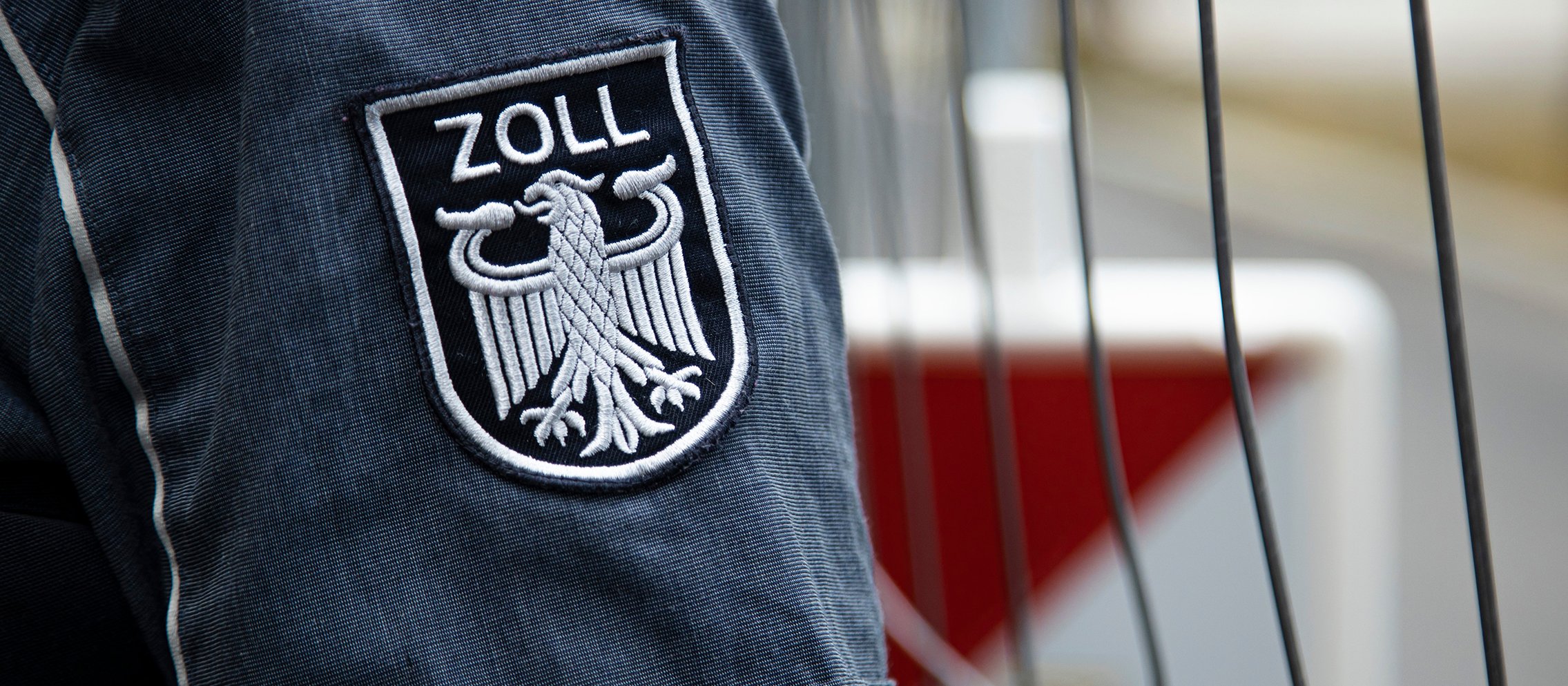Reform of the Union Customs Code - agreement in the Council of the European Union
The agreement reached by the EU Member States in the Council of the European Union on the reform of the Union Customs Code forms the basis for the upcoming negotiations with the European Parliament and the Commission in the trilogue procedure. The European Union is thus facing one of the most comprehensive reforms of its customs legislation in decades.
Background and objectives of the reform
The current structure of the customs union is under pressure in the face of current challenges and is no longer able to adequately meet the increasing demands of international trade. The rapidly growing trade in low-value consignments purchased online (e-commerce) that are imported into the EU, constantly increasing regulatory requirements that customs must enforce and constantly changing geopolitical challenges are placing an enormous burden on customs clearance.
In addition, inconsistent IT systems of the customs authorities in the member states and the lack of centralised EU customs databases make smooth and low-administration customs clearance more difficult. This makes the customs union vulnerable to illegal imports, the placing of dangerous goods on the market and distortions of competition due to unfair business practices by third-country traders.
The planned reform of the Union Customs Code (UCC) is intended to significantly reduce the administrative burden of customs procedures through the digitalisation and automation of customs processes. This is intended to strengthen the capacity of customs to focus on the most important areas, in particular monitoring compliance with EU regulations and monitoring the supply chain.
Key points of the agreement in the Council
The Council of the European Union has defined its positions on the planned reform of the UCC. The reform includes four key aspects on which the Council has positioned itself as follows:
Introduction of an EU customs data platform (EU Customs Data Hub)
The "centrepiece" of the reform is the introduction of a central EU customs data platform, which is also supported by the European Council. This should enable economic operators to provide all information on imports and exports that currently has to be submitted to customs via a single interface. This function should also be available to other parties involved in the transport of goods, such as freight forwarders or warehouse operators. Information on supply chains can also be provided, which can be reused for further imports and exports.
The platform is also intended to replace the existing IT systems in the member states. The Data Hub is intended to form a common, digital platform for companies and authorities that simplifies and standardises the exchange and analysis of data. Other authorities such as the European Anti-Fraud Office (OLAF) should also be given access to the data upon request. According to the Council, the cyber security of the data hub, whose infrastructure is to be located within the EU, must be ensured above all.
Over time, the data hub should provide a complete overview of individual supply chains and company activities, with information available in real time to all customs authorities in the EU.
Establishment of an EU customs authority (EUCA)
Another key element is the creation of a new EU customs authority (European Customs Authority, EUCA). This authority will primarily be responsible for managing the data hub and the associated monitoring and evaluation of data. This will enable the EUCA to carry out a risk assessment, which it will then pass on to the member states, for example which high-risk goods should be stopped at the border. However, the member states will retain their responsibility for customs clearance and will be supported by the EUCA.
AEO status and Trust & Check model
The Council's agreement on the UCC reform also provides for the introduction of a Trust & Check model alongside the existing system for Authorised Economic Operators (AEO). The abolition of AEO status for those economic operators who do not fulfil the requirements of Trust & Check status, as envisaged in the original Commission proposal, has not been adopted by the Council. The planned abolition of AEO status had caused considerable criticism, as the AEO has established itself as a reliable instrument for simplified customs clearance, particularly for SMEs. According to the Council's proposal, the AEO status should not exist in parallel with the status of a trust & check trader, but the trust & check status will replace the AEO status as soon as it is granted.
According to the Council's proposal, economic operators who have been regularly carrying out customs transactions for at least two years and fulfil other requirements, such as financial solvency, should be eligible for the Trust & Check status model. Trust & Check status holders benefit from considerable simplifications in customs clearance. Among other things, Trust & Check traders can monitor the conformity of their goods themselves under certain conditions and release the goods for free circulation on behalf of the customs authorities.
New approach to e-commerce
The reform is to be accompanied by stricter regulation of online trade. The Council has no objections to the Commission's proposal to abolish the customs exemption for consignments of goods worth less than EUR 150.
The Council agreement also provides for the introduction of a handling fee for shipments in B2C e-commerce. This is intended to take account of the large number of shipments and the associated high customs processing costs. According to the Council, the revenue should also be used to maintain the EU Customs Data Hub.
The European Council's agreement also provides for online platforms and traders to be held responsible by treating them as "deemed importers" and therefore responsible for the payment of customs duties and VAT. At the same time, this is intended to protect consumers from unexpected costs and combat distortions of competition caused by non-compliance with EU standards.
Outlook
The long-announced UCC reform is an important and necessary step towards a digitalised and harmonised EU customs system. However, the text of the regulation has not yet been finalised and the agreement reached by the Council of the European Union only marks the start of the trilogue process with the European Parliament and the Commission.
The aim is to reach a political agreement before the end of this year and to draw up the specific text of the regulation. It remains to be seen whether this will ultimately succeed; in particular, the Council of the European Union has left open the question of where the EU customs authority should be located. There is also still a considerable need for coordination with regard to the specific organisation of the processing fee in e-commerce.
The UCC reform is therefore not expected to enter into force before January 2028. Affected economic operators are nevertheless required to inform themselves about current developments in order to set the course for future requirements at an early stage. This applies in particular to online platforms and traders who have to adapt to new regulations as well as economic operators who want to fulfil the requirements for a Trust & Check status.

Subscribe to our GvW Newsletter here - and we will keep you informed about the latest legal developments!





